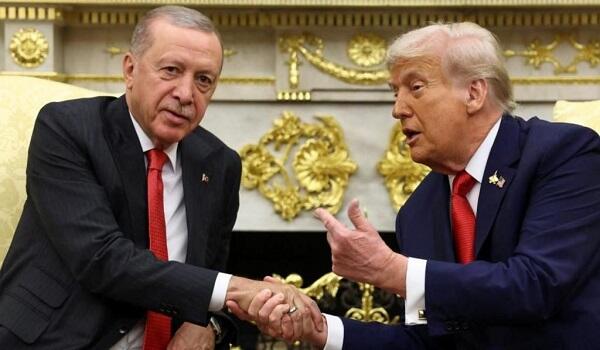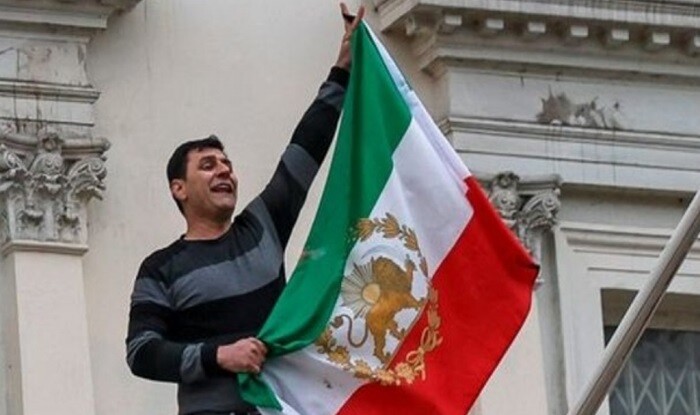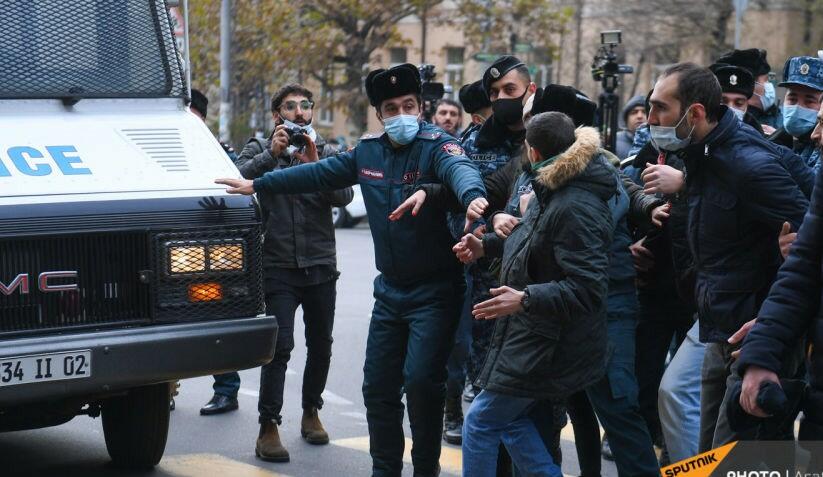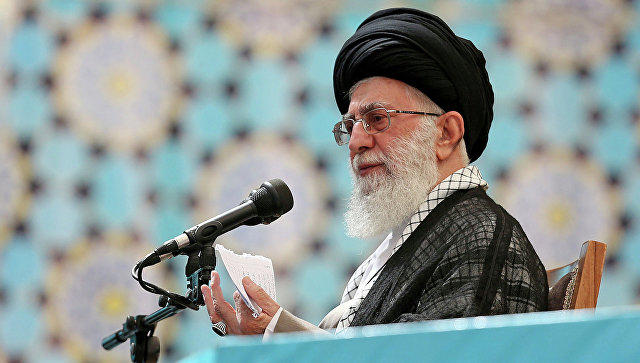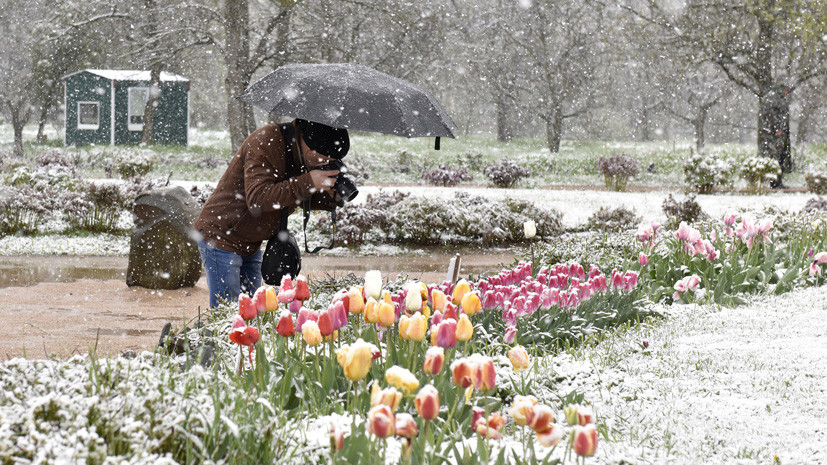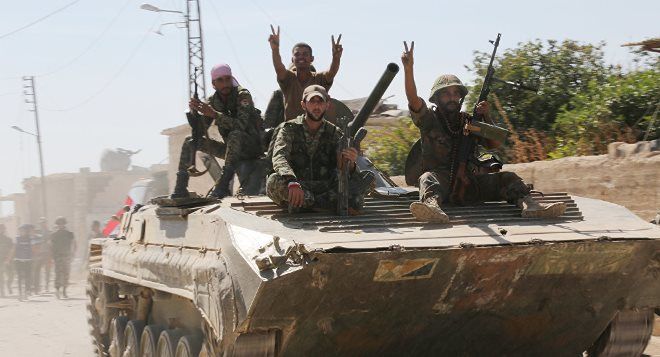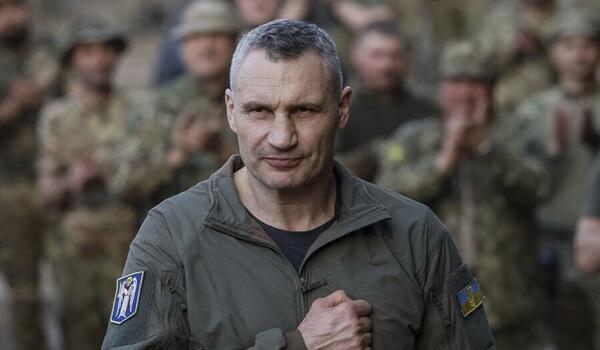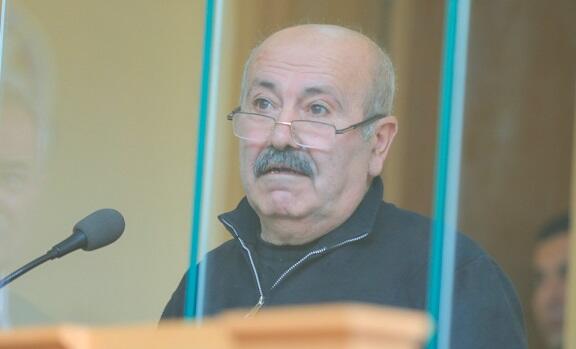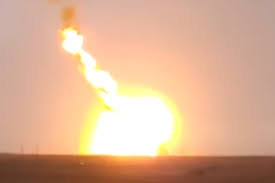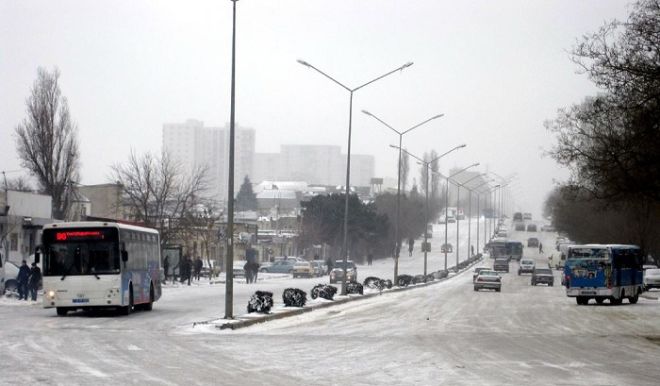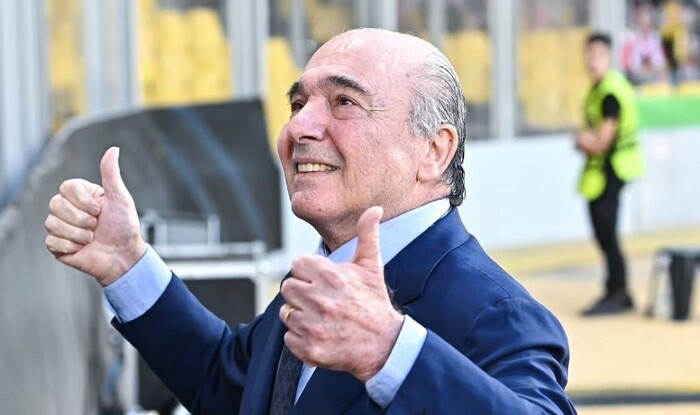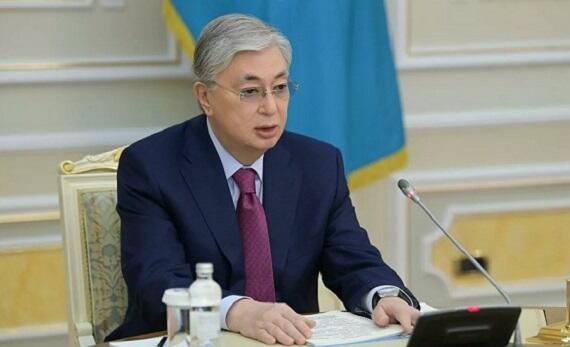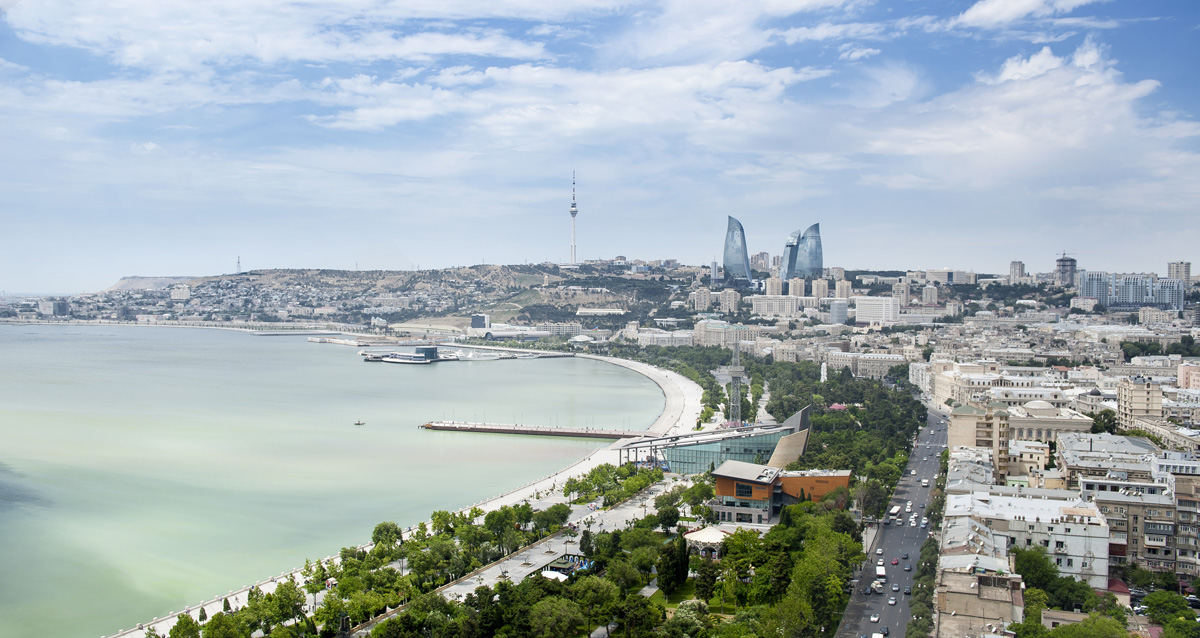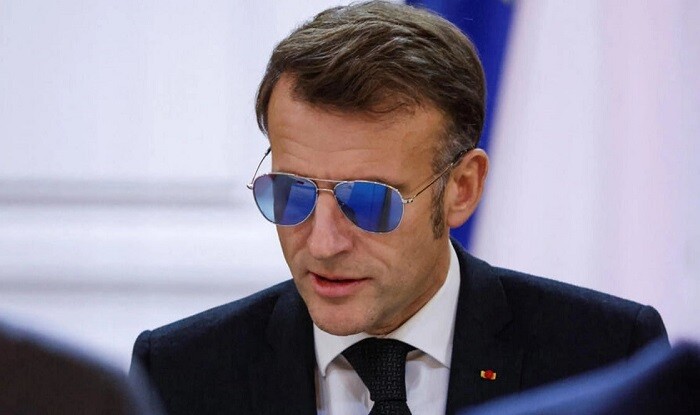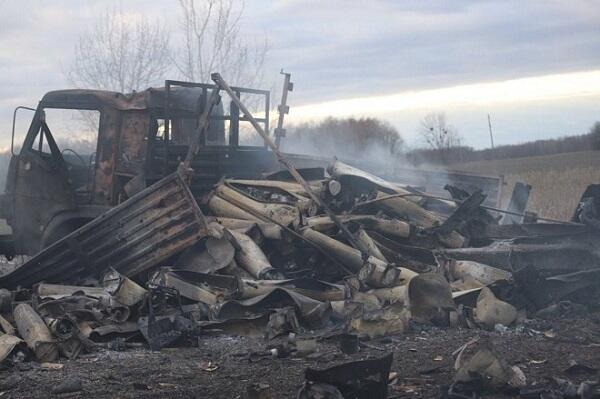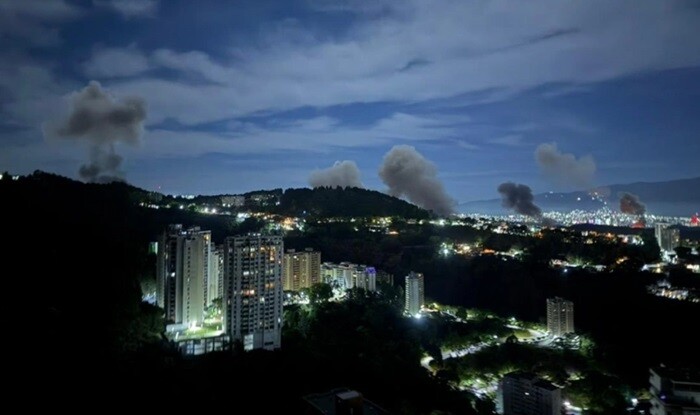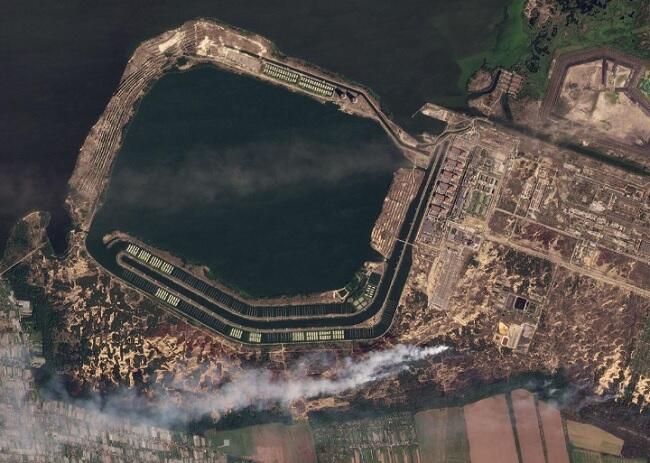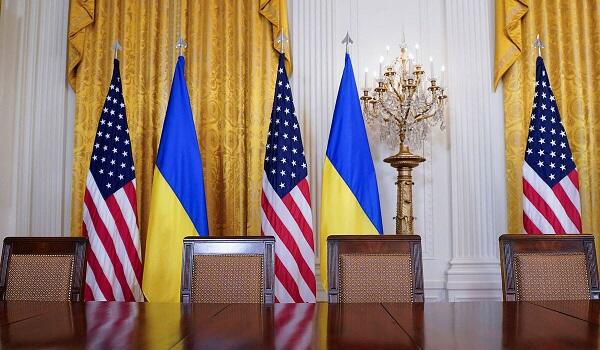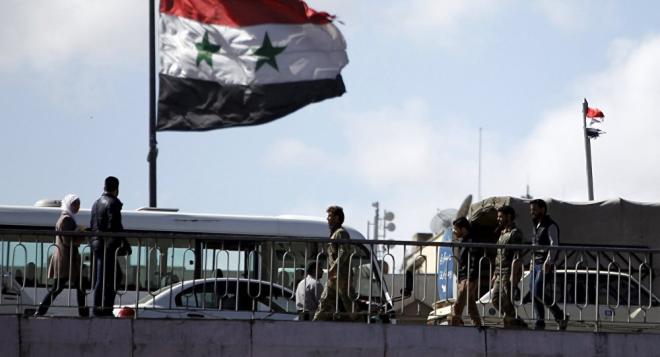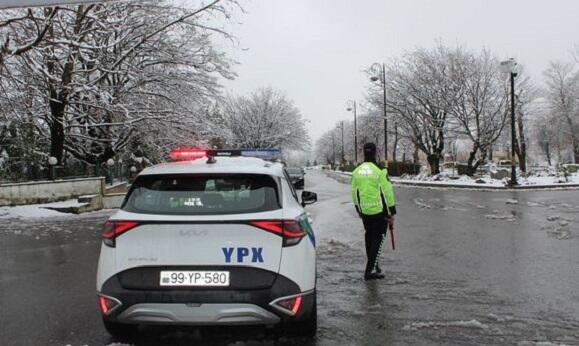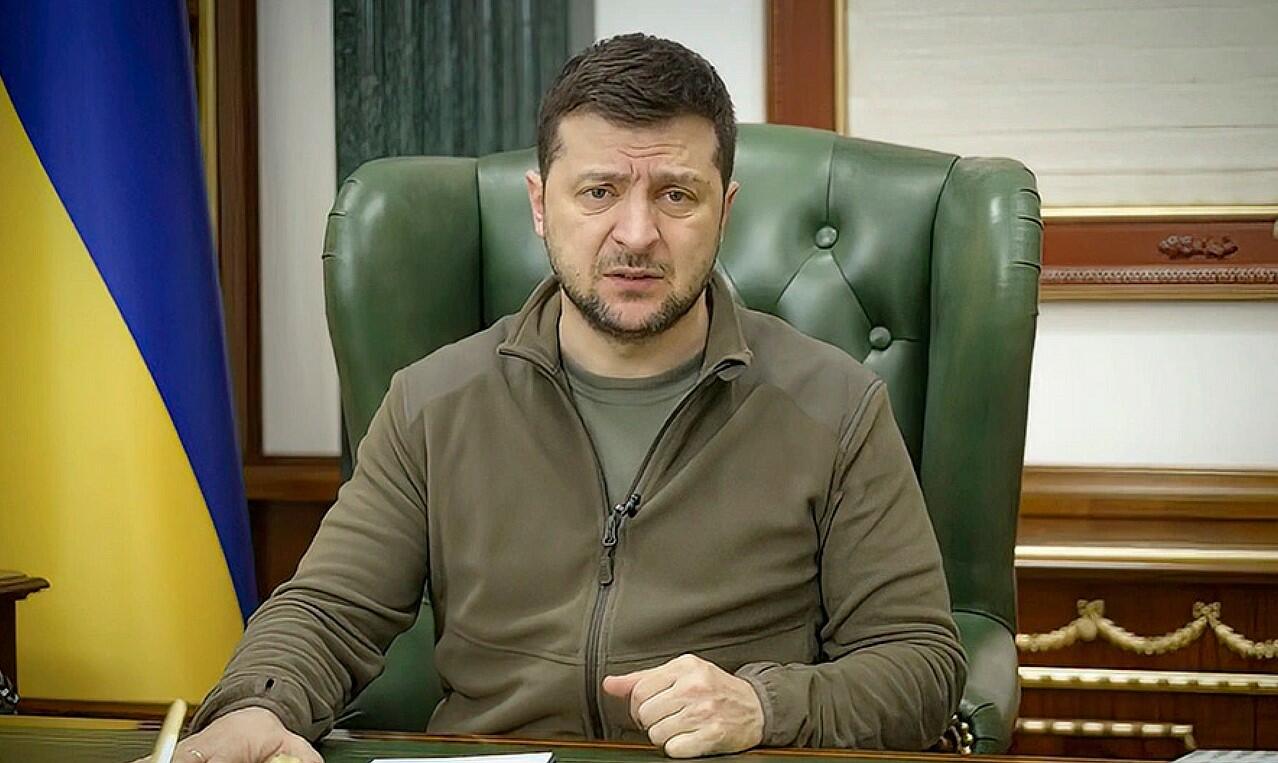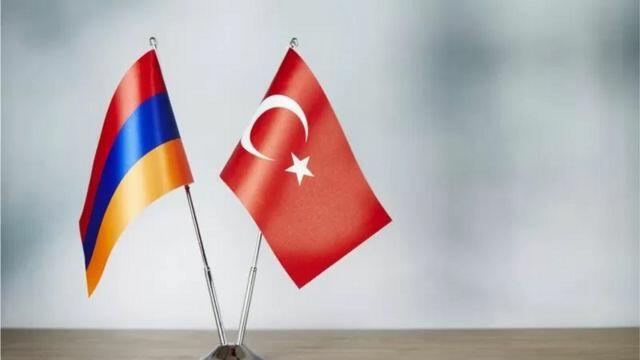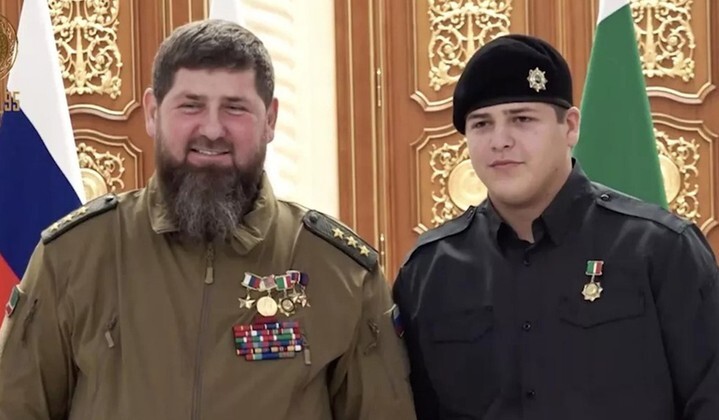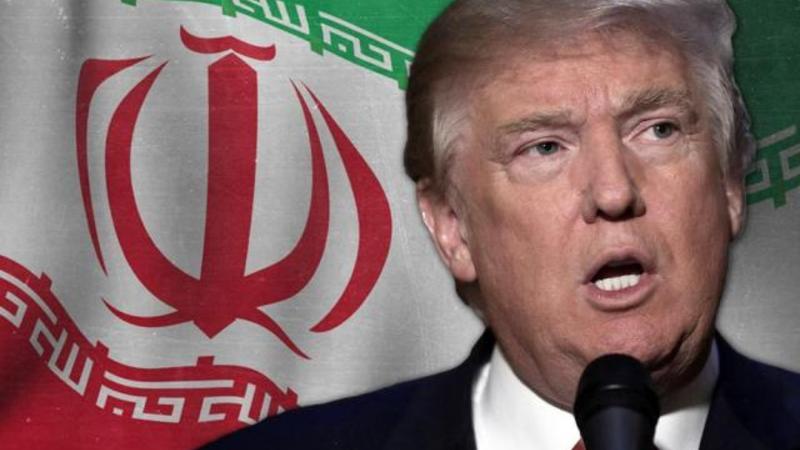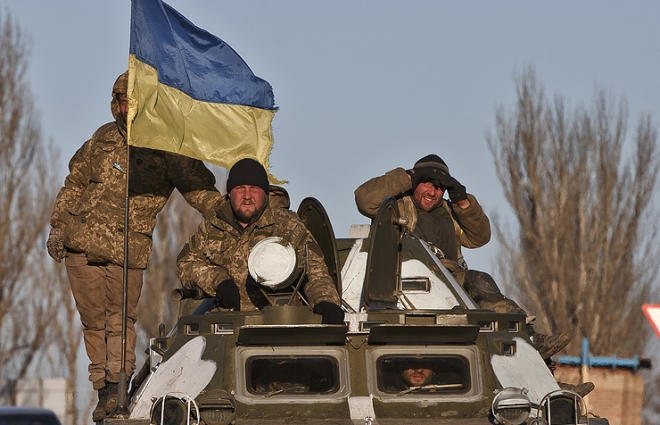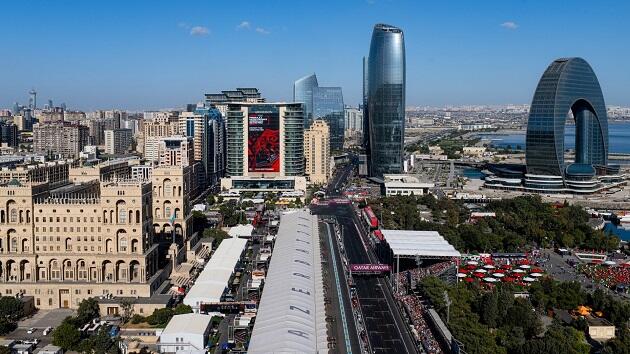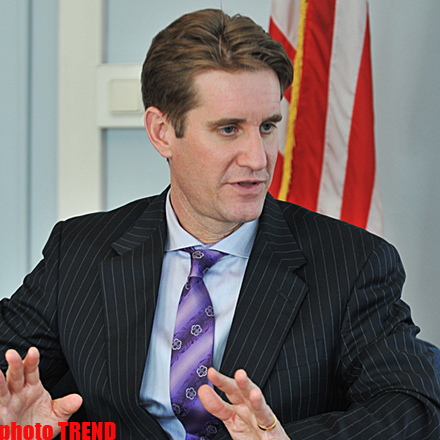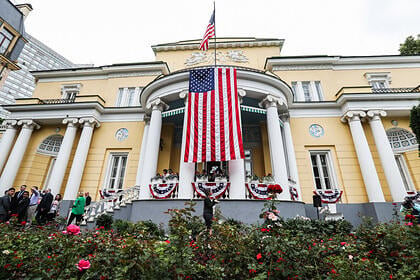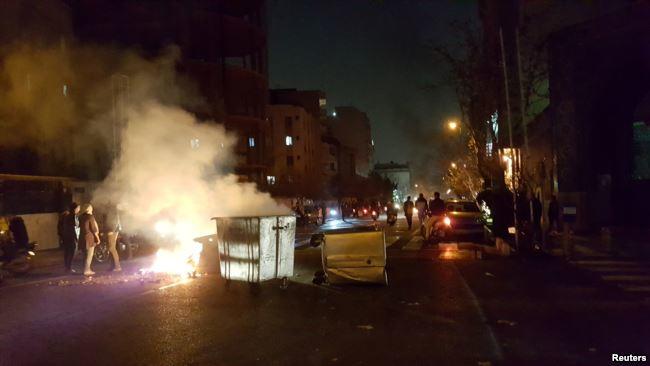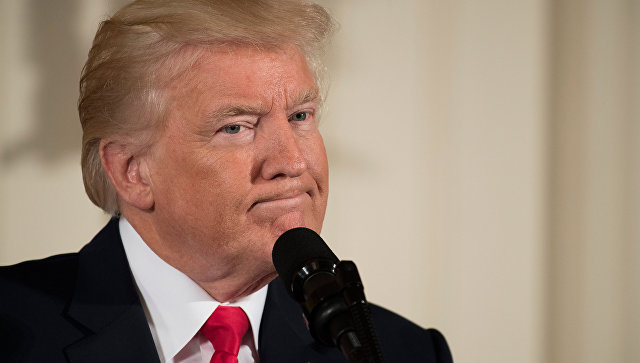All wars have a simple strategic plot. Both World War II and the Vietnam War had their slogans. Two and a half years after the start of the large-scale war, Kyiv desperately needs its own slogan.
Axar.az reports that this was mentioned by Rafael Cohen, the director of the Strategy and Doctrine Program in the "Air Force" of the "Rand" Corporation, in his column for *Foreign Policy*.
"In the first year of the war, Ukraine was the direct protagonist. Ukrainian President Volodymyr Zelensky was not initially seen as the main hero, but as soon as Russia attacked, he became the leader of the war. Even if it had been written by a Hollywood screenwriter, his famous response 'I need ammunition, not a ride' when the U.S. offered to evacuate him from Kyiv couldn't have been more perfect. Zelensky stopped Russia's advance towards Kyiv. Then, he defeated Russian forces around Kharkiv and reclaimed Kherson," Cohen stated.
According to him, although the counter-offensive in the spring of 2023 did not fully end the war, it was expected to at least push Russia closer to its borders.
"However, this last step did not materialize, at least because the West's months-long hesitation gave Russia time to complete large-scale fortifications along the front. As setbacks began in the 2023 counter-offensive, Kyiv suffered more significant losses than just troops and equipment. It lost its convincing argument about how it intends to win. The absence of an interesting narrative was not just a PR issue for Kyiv but also jeopardized Western military aid. After that, the West believed that Ukraine was unlikely to win. And suddenly, Ukraine launches an operation in the Kursk region. While this counter-offensive was a surprise to many, including Pentagon officials, it made perfect sense. Although the attack on Kursk is only the first step, Ukraine will have to offer more if it wants to maintain its current momentum. Ukrainian leaders must convince both their domestic electorate and their supporters abroad that they have a plan to win the war. Looking at Ukraine’s actions, the country’s new, still-developing strategic slogan is relatively well-defined into three parts: survive, strike, and seize.
Firstly, survival focuses on withstanding Russia’s attacks on Ukraine's energy infrastructure and halting its slow-moving offensive in Donbas. Secondly, not only to weaken Russia's military capabilities but also to increase the economic and political costs of the war for the Putin regime by striking military and industrial targets deep within Russia. The third and final part corresponds to 'Kursk.' This operation serves both as a buffer to protect Ukrainian territory from Russian aggression and as a bargaining chip for future negotiations."
The author writes that, ultimately, all three elements are essential, but they are likely not enough to build a new victory theory for Ukraine:
"The next and final element of Ukraine’s victory theory remains an open question. In reality, Ukraine has two main options: surrender or negotiate. In the first case, it can hope that increasing pressure on the Putin regime will eventually lead to its collapse. However, there is no guarantee that Putin will fall, and even if he does, it is not clear that his successor will end the war.
Alternatively, Ukraine can seek ways to resolve the conflict. By intensifying the pain for the Putin regime with the Kursk attack and continuing deep strikes on Russia’s infrastructure, Kyiv could exert pressure. Then, Kyiv could exchange the Russian territory it seized for the return of Ukrainian territory occupied by the enemy. Ukraine has already inflicted serious damage on Russia and will likely be able to do more, especially if the West removes restrictions on the use of its weapons and other red lines. The question is whether Ukraine can capture enough territory and, more importantly, whether it can hold onto it and later succeed in reclaiming all the territory occupied by Russia.
In the end, Ukraine will have to choose its war slogan: survival - strike - change - press or survival - strike - change - settle."
However, U.S. presidential elections are approaching, and in addition to that, there are increasing global problems. Ukraine’s leadership must explain to its partners, allies, and its public how it intends to win.
